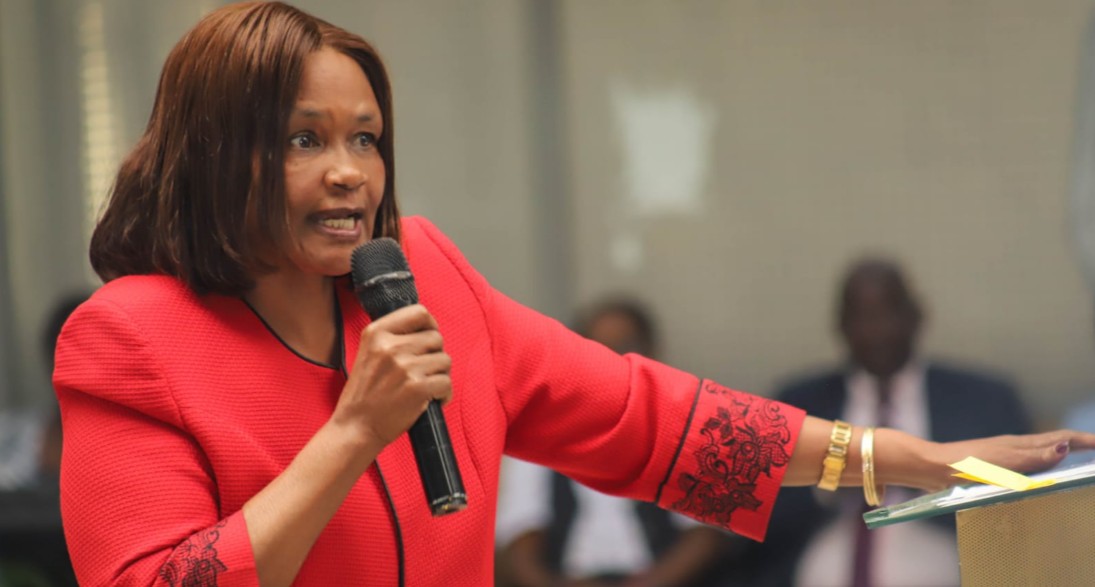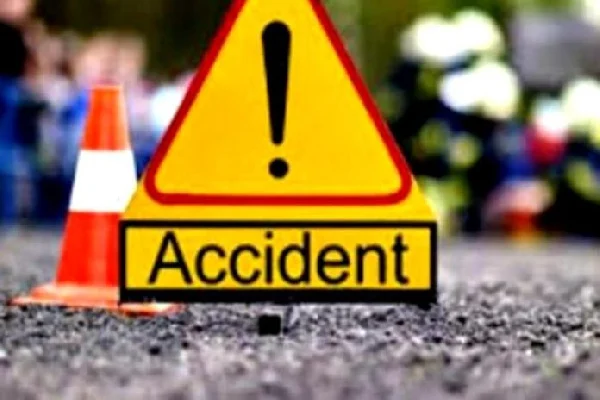ECDE graduation is a very important milestone in a child’s life. It is not just a ceremony; it is a celebration of growth, learning, and achievement during the early years of education. Typically held in Term 3, ECDE graduations mark the end of the academic year and serve as a transition point for learners preparing to enter Grade 1. This event boosts children’s confidence, acknowledges the hard work of teachers, and allows parents and the community to witness and celebrate their child’s progress.
More than just a party, the graduation is an opportunity to instil a love for learning and to prepare learners for the next stage of their education. As children move from ECDE to Grade 1, certain skills and habits need to be nurtured to ensure a smooth transition. Early literacy and numeracy skills are key. Learners should be familiar with letters, sounds, and basic words, as well as counting, number recognition, and simple addition and subtraction. Activities like reading short stories, tracing letters, and practising writing their name help build confidence.
Equally important is developing independence. Children should be able to manage personal care, follow simple routines, and handle their belongings responsibly. Social and emotional readiness is also crucial: sharing with peers, expressing emotions appropriately, and showing curiosity and confidence in a classroom setting are all vital for success in Grade 1. Familiarity with the school environment can ease anxiety. Visits to the primary school, understanding basic classroom rules, and building a positive relationship with the teacher help learners feel comfortable and ready to learn. Physical and cognitive development should also continue through activities that enhance fine and gross motor skills, as well as problem-solving and reasoning abilities.
In addition to these preparations, parents must ensure that all necessary documents for Grade 1 admission are ready. These typically include the child’s birth certificate, a certificate of ECDE completion or term report, passport-sized photographs, and identification of the parent or guardian. Many schools also request a copy of the child’s immunisation card, completion of the school’s admission form, and sometimes proof of residence. Having both originals and copies ready ensures a smooth admission process and prevents last-minute delays.
During the graduation ceremony itself, graduands are expected to have certain items to ensure the event runs smoothly and looks organised. Most importantly, each child should wear a graduation gown and cap, often in the school’s colours, and may have a tassel to signify graduation. Children should also bring their ECDE completion certificate. Some schools provide name tags or badges to identify each graduand. Depending on the school’s instructions, children may wear their school uniform or follow a specific dress code, and should have clean, comfortable shoes and socks. If the program includes a performance, small props may be needed. Personal grooming—encompassing neat hair, clean hands, and a tidy appearance—is also important.
The role of the community and its perception of teachers and learners is also significant. Graduation ceremonies highlight teachers’ dedication and learners’ progress, often bringing pride to parents, relatives, and neighbours. While communities generally admire teachers for guiding children successfully through these formative years, some may question a teacher’s personal achievements, mistakenly associating success outside the classroom with mismanagement of school resources. Despite such perceptions, the positive impact of teachers is evident during graduation, when the community witnesses the growth and readiness of learners. For the children, graduation marks the first public acknowledgement of their potential, reinforcing their confidence and motivation for Grade 1. Strong engagement between teachers and the community through such events fosters trust, dispels misconceptions, and creates an environment where learners feel supported and valued.
READ ALSO:
Boito Boys in Bomet send students home as strike tensions escalate
Parents play a vital role in ensuring their child transitions smoothly from ECDE to Grade 1. Their support spans academic, emotional, and logistical areas. Parents should encourage learning at home by engaging children in reading, counting, and simple writing exercises, and reinforcing lessons learned in school through playful activities and games. They should promote independence and responsibility by guiding children in managing personal care, packing their school bag, and following simple routines. Emotional support is equally important: parents can celebrate milestones such as graduations to boost confidence and self-esteem, and comfort children if they feel anxious about leaving ECDE or starting Grade 1.
Parents also assist with the required documents and preparations by ensuring that all necessary documents—such as the birth certificate, ECDE certificate, immunisation card, photos, and parent identification—are ready and safely stored. They help children prepare items for the graduation ceremony, such as the gown, cap, shoes, or performance props. Positive engagement with the school and community, including attending graduation ceremonies and school meetings, demonstrates support for teachers and the child and encourages respectful interaction. Maintaining a balanced routine at home with adequate time for study, play, rest, and meals, while modelling enthusiasm for education, further reinforces learning and discipline.
ECDE teachers play a critical role in shaping young minds, and their work deserves recognition. Rewarding teachers for a job well done not only acknowledges their dedication but also boosts motivation, encourages professional growth, and strengthens community respect for early childhood education. When teachers feel valued and appreciated, they are more engaged, innovative, and committed, which directly benefits the learners. Ways to reward teachers include certificates of excellence, public acknowledgement during school events, monetary incentives, professional development opportunities, and letters of appreciation from school administration.
By actively participating in both the graduation process and preparation for Grade 1, parents ensure their child’s readiness academically, socially, and emotionally. Finally, a structured yet flexible routine at home—combining play, exploration, and learning—reinforces all these skills and habits. When children are encouraged, praised, and guided through engaging learning experiences, they enter Grade 1 with confidence, curiosity, and a love for learning that will stay with them throughout their academic journey. By celebrating achievements in Term 3, preparing learners both academically and socially, organising all required documents, ensuring that graduands have everything needed for the ceremony, fostering positive community engagement, and recognising the dedication of teachers, parents, and communities, we together lay a strong foundation for lifelong learning.
By Hillary Muhalya
You can also follow our social media pages on Twitter: Education News KE and Facebook: Education News Newspaper for timely updates.
>>> Click here to stay up-to-date with trending regional stories
>>> Click here to read more informed opinions on the country’s education landscape






